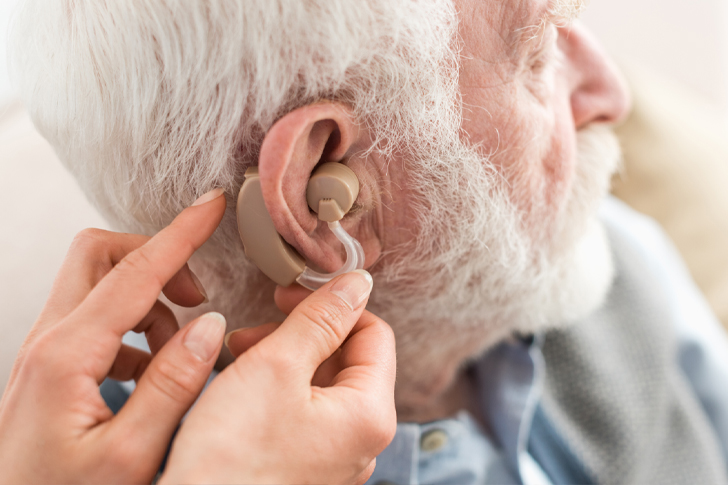A Senior’s Guide to Acquiring Low-Cost Hearing Aids
Hearing loss is a prevalent issue among seniors, significantly affecting their quality of life and their ability to communicate effectively with others. While hearing aids are a vital solution for many, the cost of these devices can be prohibitively expensive, especially for those on a fixed income. This article aims to guide you through various options and strategies to obtain affordable hearing aids, ensuring that cost does not stand in the way of a better quality of life.

Understanding the Cost of Hearing Aids
The price of hearing aids can vary dramatically, typically ranging from $1,000 to $4,000 per unit. This variance depends on the features, technology, and the brand of the hearing aid. Given that most individuals with hearing loss require two devices, the total expense can be quite burdensome. Despite these high costs, the benefits of hearing aids in terms of improved communication and overall life quality make finding an affordable option imperative.
Options for Obtaining Affordable Hearing Aids
1. Check with Your Insurance Provider
While Medicare does not cover the cost of hearing aids, some Medicare Advantage plans might offer partial coverage. Additionally, private insurance plans may include hearing aid benefits that you might not be aware of. It is essential to contact your insurance provider to understand exactly what your plan covers regarding hearing aids.
2. Explore Nonprofit Organizations
There are various nonprofit organizations dedicated to helping individuals obtain hearing aids at a reduced cost or even for free. For example, the Hearing Loss Association of America provides resources and information on ways to find financial assistance for hearing aid purchases. Another notable organization is the Starkey Hearing Foundation, which gives hearing aids to those in financial need and has a global outreach.
3. Look into Government Programs
Depending on your location, there may be state or federal programs aimed at helping seniors with hearing loss. In the U.S., the Veterans Affairs (VA) department offers assistance if you are a veteran. Each state may have additional programs like vocational rehab or community-based services that can assist seniors in purchasing hearing aids.
4. Consider Over-the-Counter (OTC) Hearing Aids
A new category of over-the-counter hearing aids was recently approved by the FDA. These devices are generally intended for adults with mild to moderate hearing loss and can be significantly cheaper than prescription hearing aids. Prices range from $100 to $800, making them a more affordable option for many seniors.
5. Purchase Refurbished Hearing Aids
Some retailers sell refurbished or used hearing aids at a fraction of the cost of new devices. These units are typically cleaned, repaired, and tested to ensure they meet quality standards. Buying refurbished can save seniors a substantial amount of money.
6. Utilize Payment Plans or Financing Options
Many hearing aid providers offer financing plans or payment options that allow you to spread out the cost of hearing aids over several months or even years. This can make the expense more manageable on a tight budget.
7. Leverage Tax Deductions
In certain cases, you can deduct the cost of hearing aids and their maintenance from your taxes if they exceed 7.5% of your adjusted gross income. This deduction can indirectly reduce the overall cost by lowering your tax burden, depending on your specific financial situation.
The Bottom Line
Finding affordable hearing aids is crucial for many seniors looking to maintain their independence and continue engaging actively in their communities. By exploring non-profit aid, insurance options, government assistance, and alternative purchasing options like OTC devices and refurbished models, you can significantly reduce the financial burden associated with these essential devices.







Recent Comments